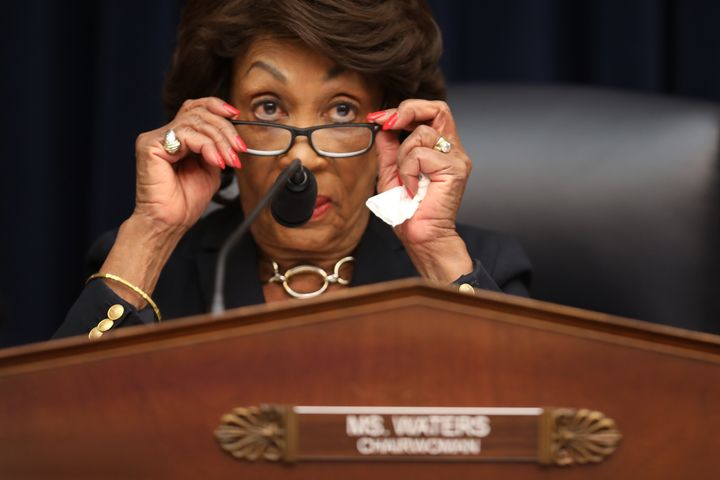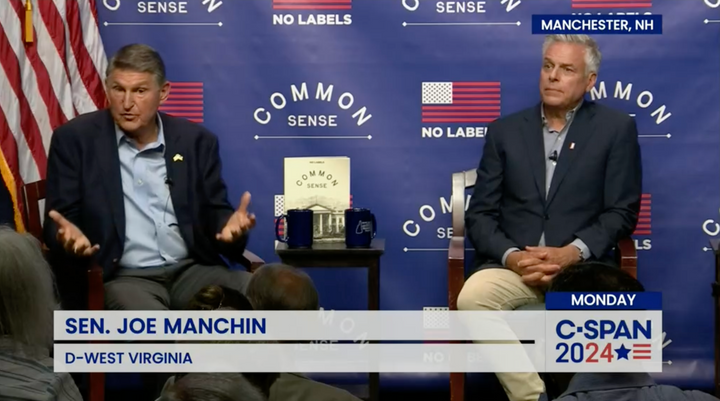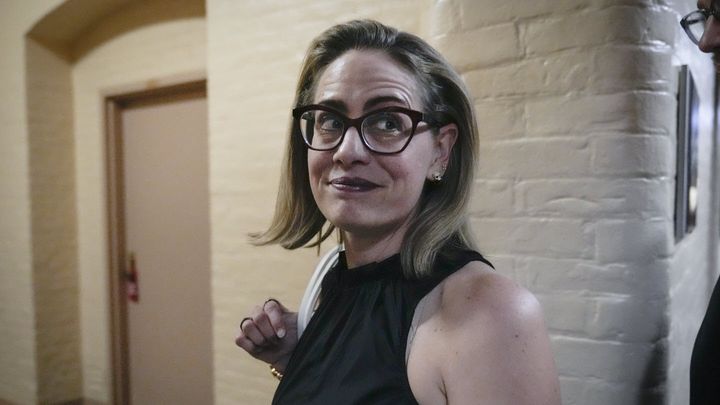This piece was authored by Jeff Hauser, founder and executive director of the Revolving Door Project, and David Segal, co-founder and executive director of Demand Progress.
With authorities seemingly poised to bless the biggest bank merger in more than a decade, it’s clear that policymakers have forgotten the lessons of the financial crisis—if they ever really learned them to begin with.
Top-line unemployment statistics obscure the scars left by the 2008 financial crash and the crisis of banking that precipitated it—and for far too many, the decade-old gashes have yet to even finish closing: Millions fewer Americans are employed than if pre-crash trends had continued, and wages have hardly budged for workers at the median or below.
The depth of the crisis—and of attendant corporate bailouts—were functions of risk-taking by, and the systemic importance of, too-large-to-manage, too-big-to-fail financial institutions.
Federal lawmakers’ response to this should have included breaking up the largest banks—but instead, we are now trending in the opposite direction.
Last year, bipartisan congressional majorities passed a rollback of post-crash rules that were themselves part of a woefully inadequate response to the meltdown. This new legislation also makes mergers by certain regional banks more attractive by raising the threshold of assets at which they would become subject to the most stringent regulatory regime, allowing them to get bigger without facing tighter capital and liquidity requirements.
Now, regulators appear likely to stamp approval on the largest banking merger since the recession, letting SunTrust and BB&T combine to form what the banks are calling “Truist.” It can have this awful name because it won’t need to win over customers—it will be birthed into the world already dominating swaths of the Southeast, Mid-Atlantic, and the industrial Midwest, likely as the nation’s sixth-largest bank. Hundreds of branch closures and mass layoffs of lower-income workers are likely to follow. Truist’s market power would allow it to become more extractive of customers and to reduce services in areas where they operate, as our groups and the National Black Farmers Association have noted.
And the newly-formed mega-bank, with on the order of $440 billion in assets, would increase systemic risk. SunTrust and BB&T were deemed individually important enough (and fragile enough) to together receive $8 billion in TARP funds. They have also paid over $1.5 billion in penalties during the last decade for rampant fraud, racial discrimination, and other violations of the law.
While the Beltway’s brain trust as a whole has not acted to substantially constrain the banking sector, certain policymakers have: We were heartened to see House Financial Services Committee (HFSC) Chair Maxine Waters (D-Calif.) announce a hearing on the deal for this week.
With Rep. Waters at the helm and a complement of dynamic first-term lawmakers filing out the committee’s ranks, HFSC will look at the merger with a much more critical eye than any of the regulators who are supposed to ensure the safety and soundness of our banking system.
While HFSC cannot block the merger on its own, it can highlight harms that would follow from it, regulators’ dereliction of their duty, and the reasons for this behavior. The Trump administration and Senate leadership have rigged the executive branch to facilitate the bidding of large financial institutions—perhaps most conspicuously at the Federal Deposit Insurance Corporation (FDIC), which must approve this merger.
The FDIC as currently constituted is a lesson in the ways in which money and power flow in Washington, typically in tandem. Alabama Senator Richard Shelby was formerly Chair of the Senate Banking Committee—and the current FDIC Chair, the person at the White House in charge of appointments to financial regulatory agencies, and the leading lobbyist for SunTrust are all former general counsels to him.
Meanwhile, Republican recalcitrance—and Chuck Schumer’s ineffectuality in pushing back—mean that no Democrat has even been nominated for either of the two FDIC seats reserved by statute for people not of the President’s party. One such seat is empty while the other is filled by a commissioner who is serving, as is permitted by statute, beyond the end of his term while awaiting reappointment by Trump—thus weakening his political standing on the Commission.
Advocates should consider any big bank merger blessed under such circumstances illegitimate. Future regulators could seek to unwind FDIC actions made while Trump and McConnell willfully refused to comply with the statute that created a bipartisan FDIC. A new FDIC majority should treat as suspect past agency determinations, which were distorted by partisan gamesmanship. Potential Democratic antitrust enforcers could unwind the merger in 2021 before the two banks, operating under a shared brand, are fully structurally integrated.
Bigger picture: Trump didn’t create the banking industry’s excessive political power, but he has exacerbated these threats. The approval process for the SunTrust and BB&T merger embodies Trump-era corruption—aggressive destruction of norms in pursuit of ever greater political and economic power for elites. We hope that more politicians, including potential presidential candidates, join Chairperson Waters in viewing Trump’s corporatist behavior as worthy of serious pushback.
This op-ed was authored by Jeff Hauser, founder and executive director of the Revolving Door Project, and David Segal, co-founder and executive director of Demand Progress.



